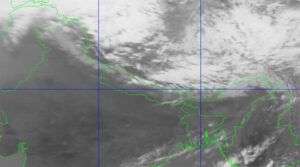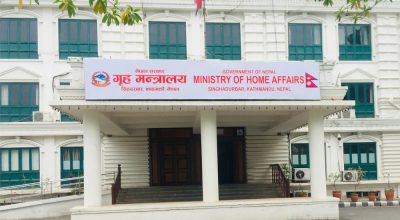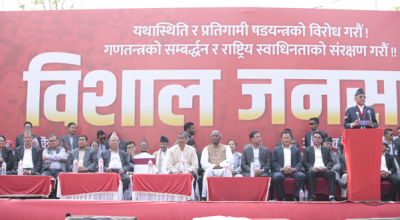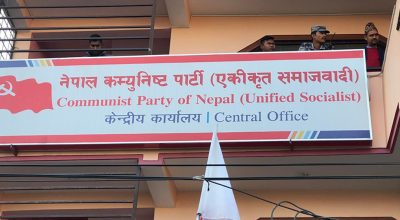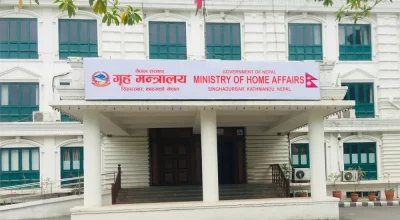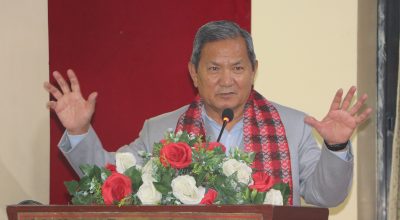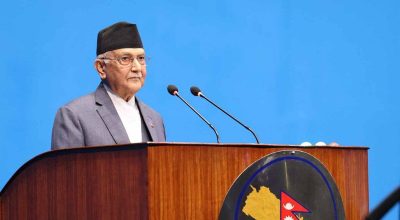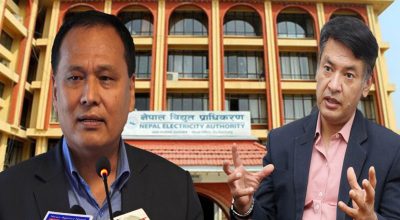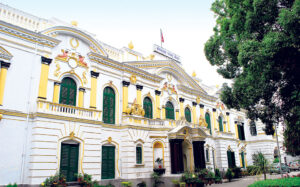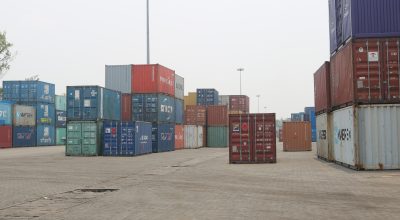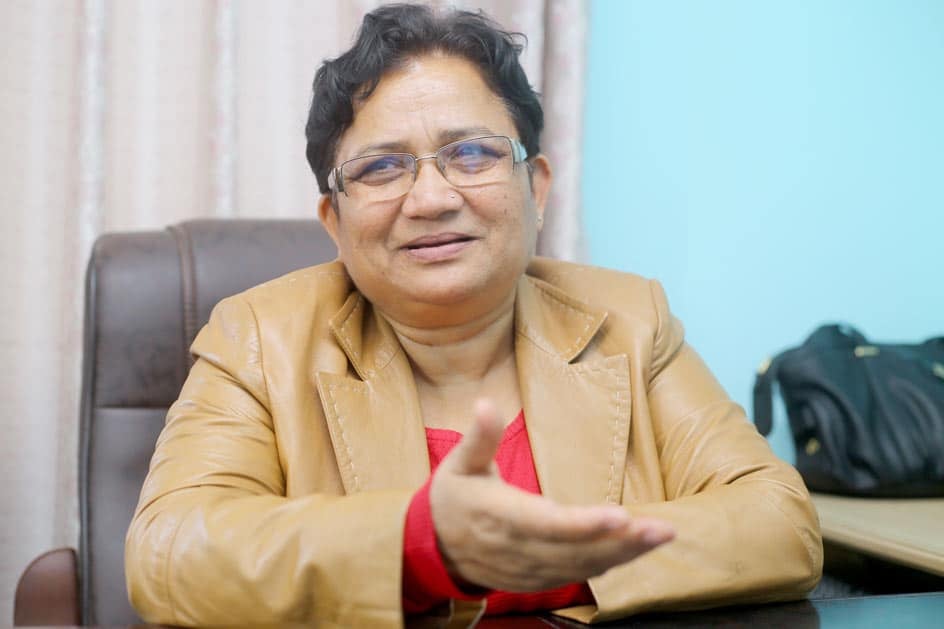
Kathmandu: Minister for Energy, Water Resources and Irrigation, Pampha Bhusal, has said encouraging environment for hydropower development was created in Nepal through legal reform, market expansion in the regional level, and the establishment of independent electricity regulatory commission.
Addressing virtually the International Conference on Hydropower Investment in Developing Countries’ on Thursday, Minister Bhusal shared that several arrangements were made to share risks that might arise while constructing or operating a power plant. There is a provision to extend the term of the generation license to a maximum of five years on the occurrence of force majeure events like geological and hydrological surprises. Hedging Rules have been implemented to take foreign currency exchange risk.
In case of larger projects, the Minister said arrangements were made to ensure that a predictable return was assured to them. “We have also included in our agreements necessary provisions to share risks with the developers. We are also improving our laws and tax regulations to encourage private sector investment in our hydro energy sector. We have signed several Project Development Agreements with the private sector in the past, and are planning to do so in the future,” she mentioned.
According to the Minister, one of the key interests of Nepal government is to promote private investments in the power sector. To that end, we have investor-friendly regulations which treat national and foreign parties on par.
The government has encouraged the private sector to take an active role in the production as well as distribution and trade of hydro power. Currently hydropower projects are being developed by public and private entities through Build, Own, Operate and Transfer (BOOT) model. Developers from Sri Lanka, South Korea, Norway, China, India, and USA have already been engaged in the power sector in Nepal, the Minister added.
“The Power Trade and Transmission Interconnection Agreement with India, and understandings reached with China and Bangladesh for cooperation in the power sector have laid the foundation for cross-border electricity trade. We are also signatory to the SAARC Framework Agreement on Energy Cooperation, and also a party to the understanding reached for the establishment of the BIMSTEC Grid Interconnection. We believe that these developments will enhance sub-regional or regional interconnections, which should give further confidence to prospective developers,” the Minister shared before the international community.
Minister Bhusal reminded that after the adoption of liberal economic policy in 1992, the Government of Nepal has given a high priority to the development of renewable energy sector. Nepal is committed to providing clean, reliable, and affordable electricity to our people, and provide access to electricity to every household within the next two years,” she mentioned.
Moreover, she shared that Nepal had prepared water resources strategy, national water plan and a road map for optimal utilization of water resources. River basin plan is being formulated. Principles of Integrated Water Resource Management have been adopted in our policies and strategies.
She also made aware the international community that the rapidly retreating glaciers, rise in temperature, erratic rainfalls and increase in frequency of extreme events such as floods and droughts are some of the effects Nepal is facing due to climate change. Hence, we have deep concern to climate change and have sincere commitment towards the sustainable development of green energy.





